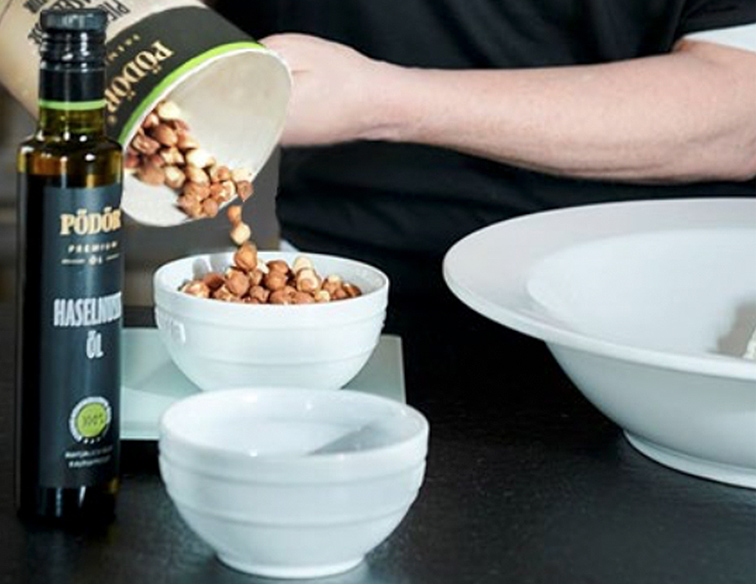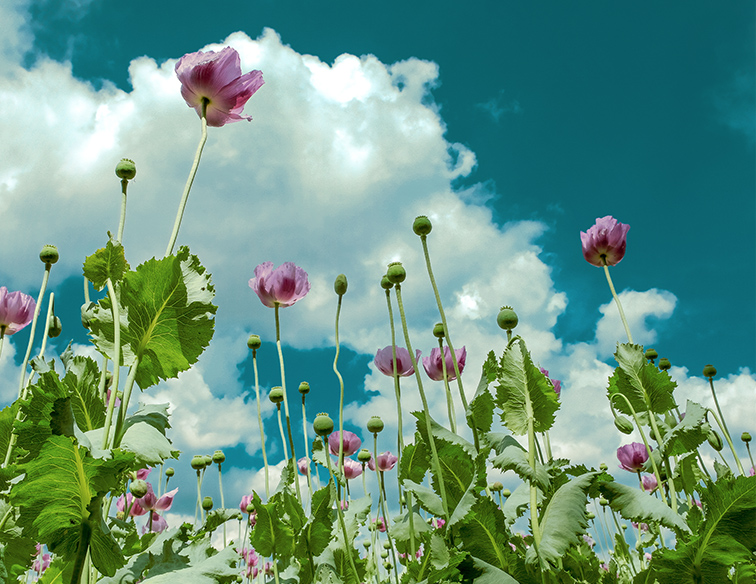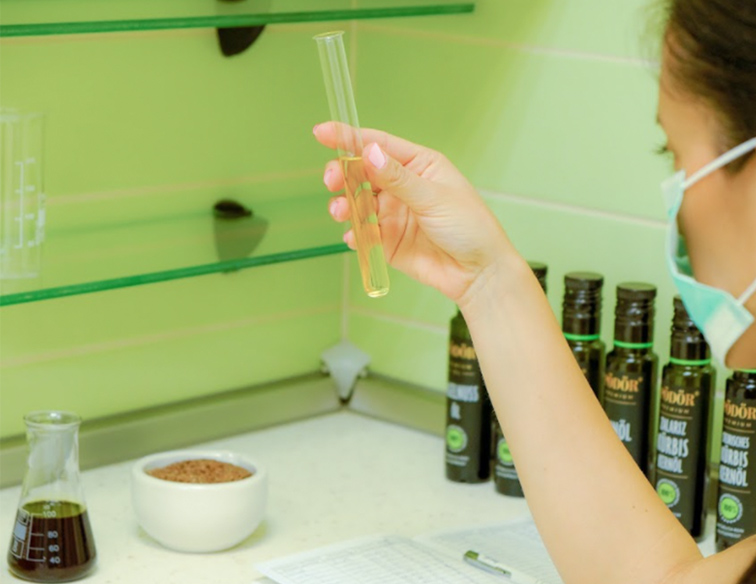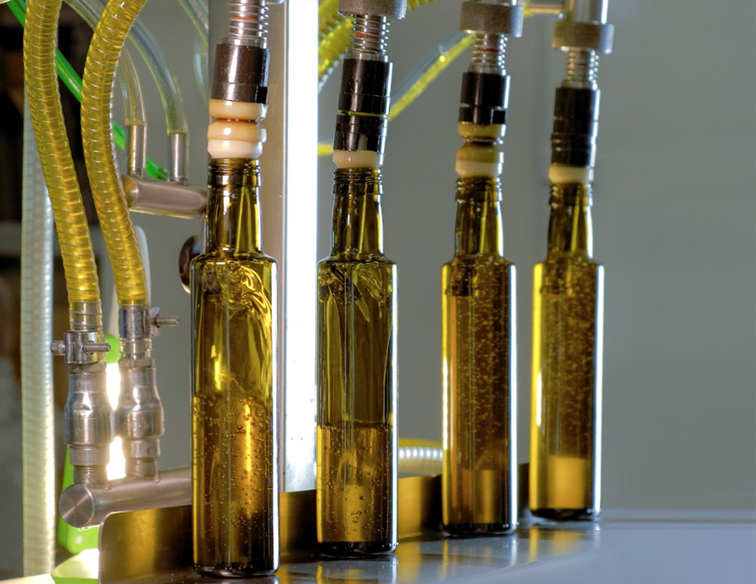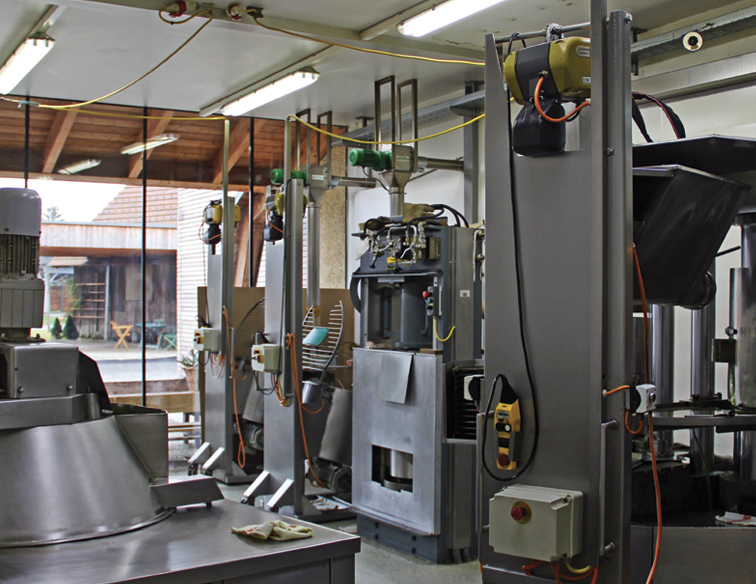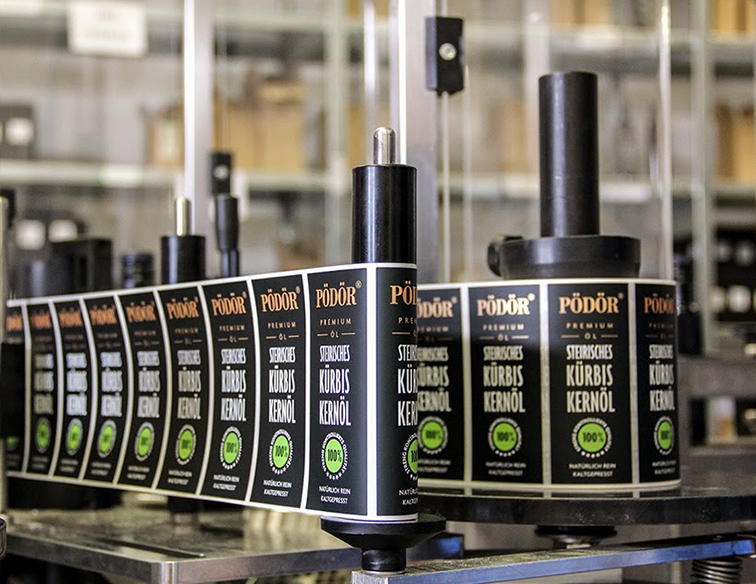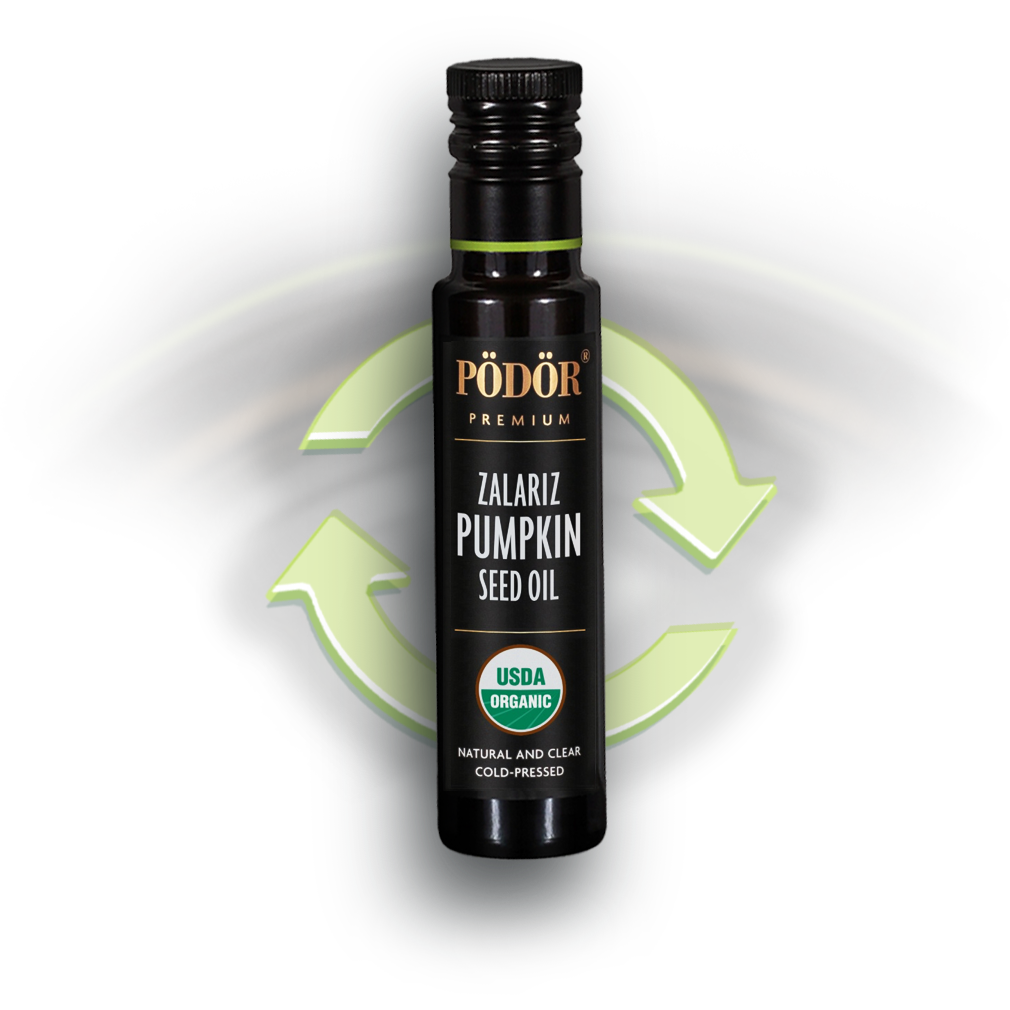A good vinegar is the final product created through the fermentation and oxidization of juices containing alcohol or sugar.
Full value fruit vinegars are vinegars whose juice is gained from fresh fruits. The juices keep the taste, fragrance, aroma and color of the fruit, harmonizing it all in the prepared vinegar. Due to the gentle and traditional method of preparation, these pure fruit vinegars are especially valuable for the human body; besides providing a real culinary experience.
For the making of vinegars, a wide variety of basic materials are used: crushed grape, must, wine, apples and other fruit, wine, brandy, sherry, and even whey or rice. The more natural the vinegar is, the richer it is in other trace constituents. Natural, unfiltered vinegars contain a small degree of vitamins, minerals and trace elements, in addition to pectins and other secondary vegetable materials.
Preparation
Traditional preparation procedures and modern technology can go hand in hand. It is especially in the preparation of vinegars that old and new methods of preparation can be successfully combined.
Vinegar making procedures
Open fermentation
This procedure is most commonly used in households or old plants. Here, the fermentation of the vinegar takes place in a more or less open tank, with a so/called “vinegar mother” floating on the surface of the liquid (this is a jelly-like formation, floating on the surface of the vinegar). The rather lengthy and not always successful fermentation is caused by this layer of fermenting and vinegar bacteria. The vinegar thus produced often falls short of the quality requirements for saleable vinegars. The main problem is that they do not reach the 5% acid content required by law, which may result in repeated complaints and high fines. Although the time needed for the vinegar to reach the minimum acid content (somewhere between ½ and 1 year ) is of no particular relevance for the producer from an economic point of view, open fermentation is still quite common with the so/called Solera procedure (when fermentation takes place in various barrels, one after the other).
Circulator pumping
During this procedure, vinegar is pumped through wood splinters, corncobs or wooden grids. Then it is aired, whereby the vinegar’s acid content approximates the degree required by law. Typically, it has a high ester content (which gives it an adhesive-like smell); at the same time, due to the use of fixing materials, there is a great danger of “parasite fungi” appearing in the finished product. If they keep airing the liquid further, we speak about a perfected circulator pumping procedure.
Submers – underwater procedure
The underwater fermentation process takes place with the help of bacteria kept in a floating state and of continuously controlled airing. This makes it possible that the temperature is regulated and the production of vinegar is fully controlled without a ”mother vinegar” being formed. In the case of large equipments, airing is done by turbines, which is definitely faster but it weakens the aroma, therefore this procedure is used mostly on an industrial scale.
Small equipments do the airing on the basis of the Venturi principle with sprinkling. This procedure takes somewhat longer but results in a perfect aroma. Altogether, we can calculate with a transformation period of 30-60 hours in both procedures. Since it is the underwater procedure that is the basis of the technology, no modern vinegar production plant can do without it.
